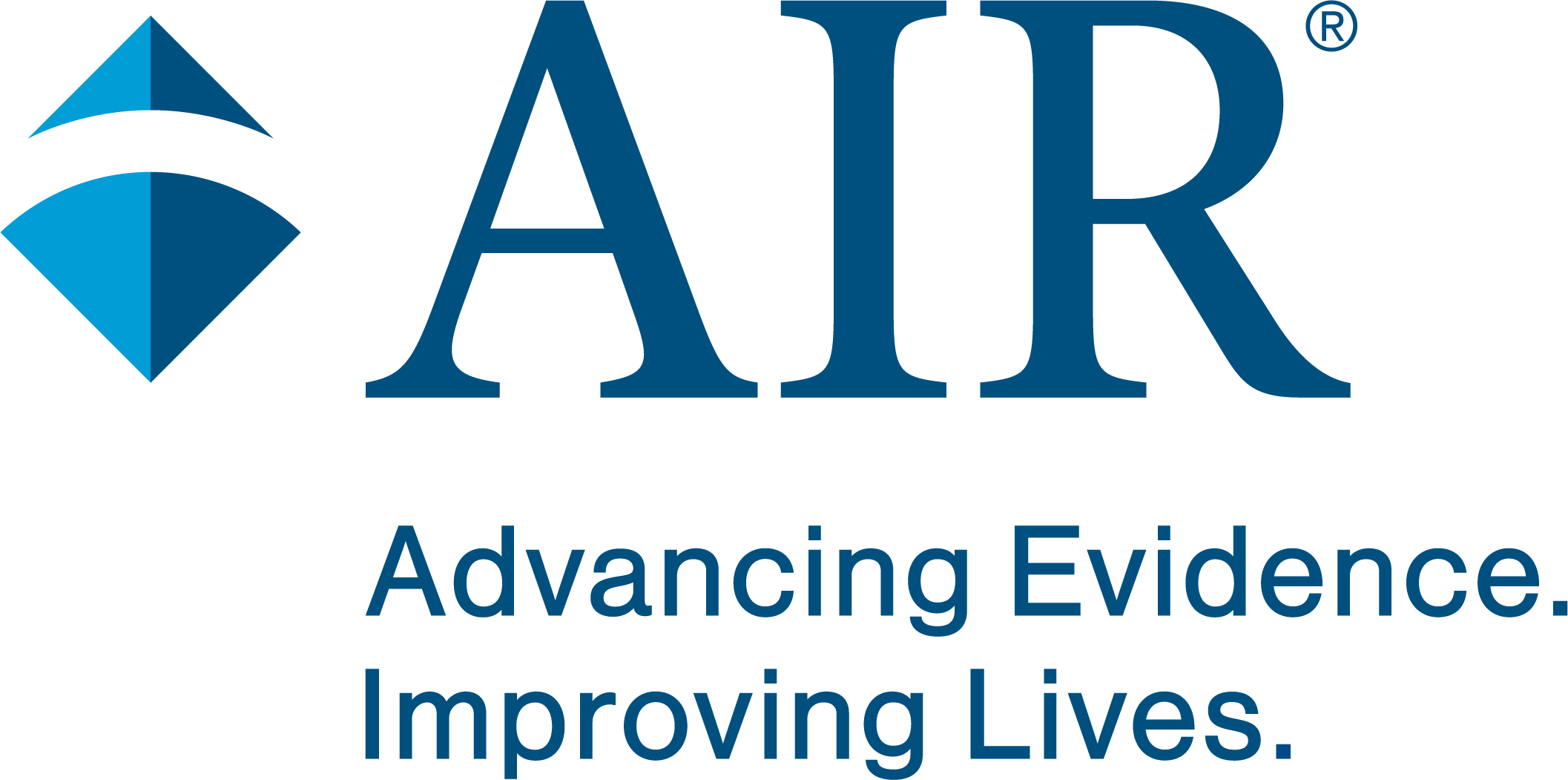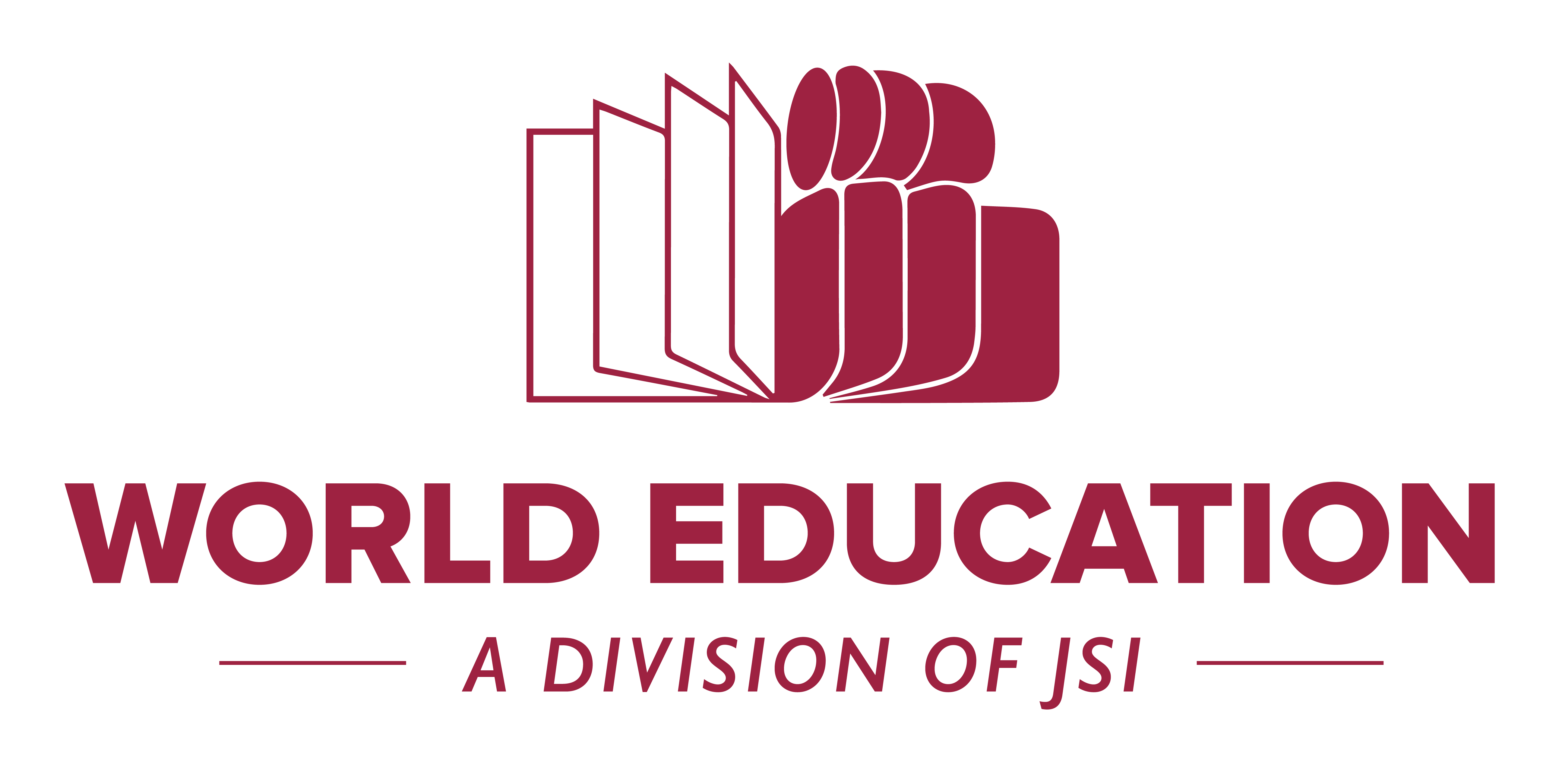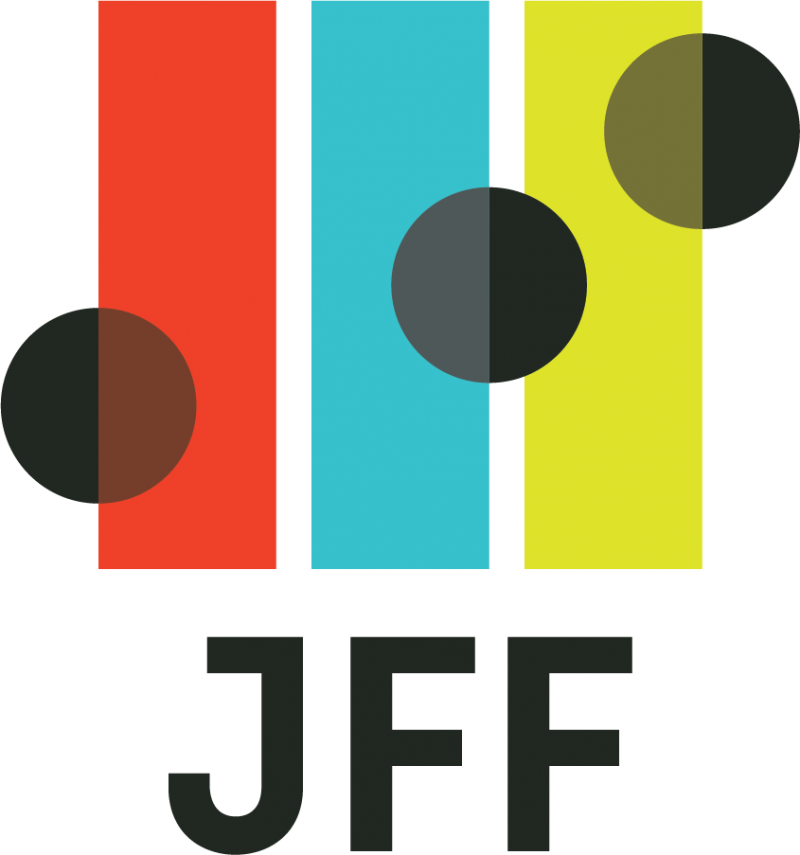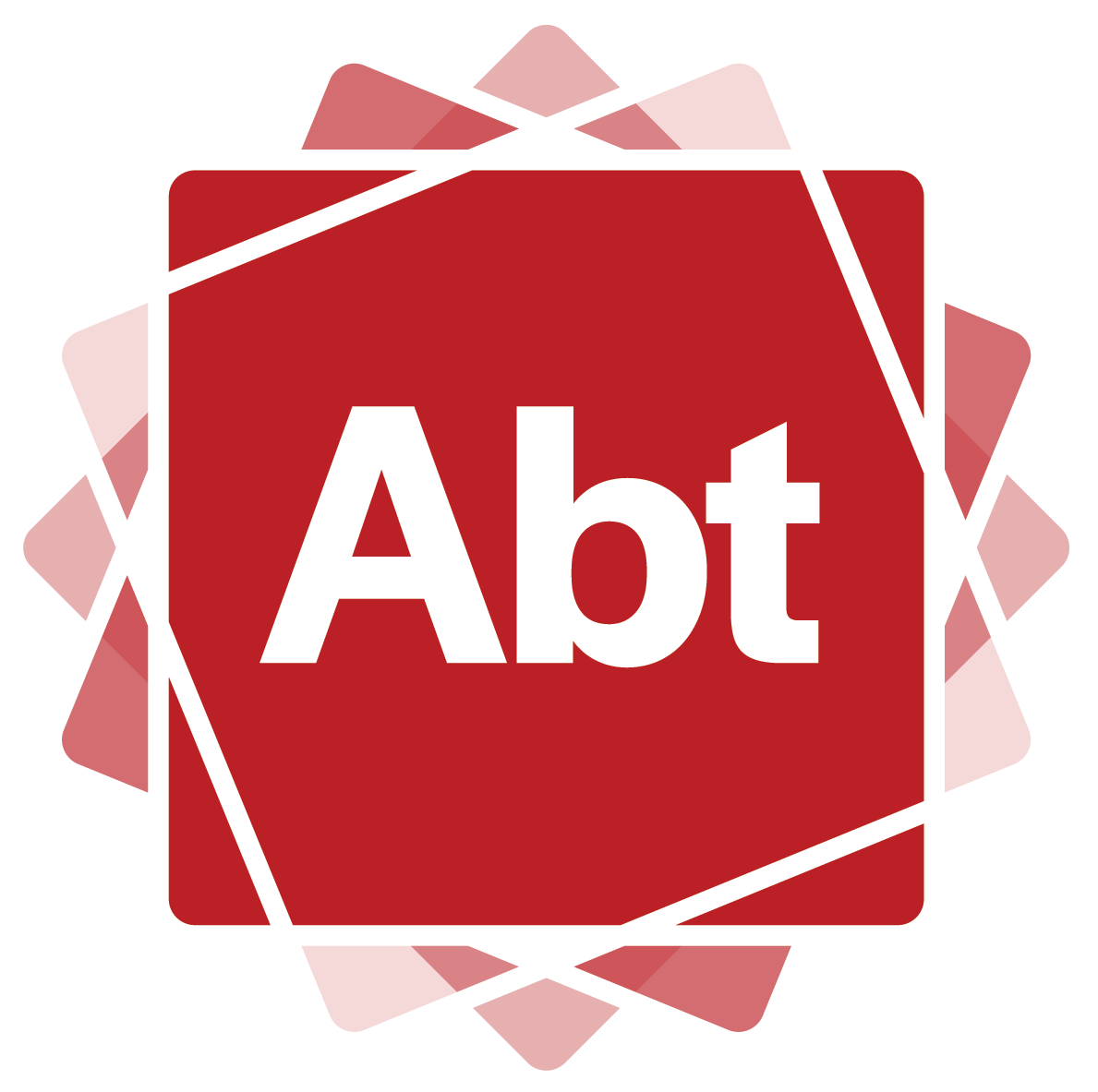Resource
Developing digital proficiencies of English learners in adult education
Posted on
Description
All around the globe, the development of digital skills is considered a priority because individuals are increasingly asked to interact with digital information. Digital literacy is required to communicate effectively and accomplish social and work-related tasks. Although there is a significant body of literature on the development of digital proficiencies in educational settings from elementary school to university, there is limited research with adults who are continuing their education later in life, usually outside of formal educational systems.
The purpose of this paper is to report results from a study conducted with English learners in an adult education program in the U.S. The study evaluated the digital component of a new curriculum named CILIA-T (Content-Integrated Language Instruction for Adults with Technology Support), CILIA-T is a 16-module curriculum supporting adult learners to build their English skills, US History and Civics knowledge and digital proficiencies.
Resource
Assessment Resources in Adult Education and Workforce Development
Posted on
Description
As part of ASAP we reviewed the literature and practices in adult education and workforce development to compile information on existing assessments and related resources. We plan to periodically update this compilation, so feedback on the structure, content, and organization of the compilation is welcome, as are suggestions for resources not yet included (asap@umass.edu).
(September 2022)
Resource
Defining and Assessing Literacy and Numeracy Skills for 21st Century Adult Learners: A Summary of Research and Practice
Posted on
Description
Numerous definitions of literacy and numeracy have been developed to date. In this report, we summarized and analyzed 20 definitions of literacy and numeracy. These definitions often respond to specific stakeholders’ goals and agendas. In this paper, however, we do not aim to provide an integrated definition of literacy and numeracy for all people in all places. Instead, we believe operational definitions of constructs as relevant as literacy and numeracy must respond to specific needs given at a specific moment.
(September 2022)
Resource
Highlighting Innovative Practitioner Uses of Digital Technologies in Adult Foundational Skills Instruction
Posted on
Description
Throughout the ongoing COVID-19 pandemic, teachers delivered instruction in new ways, drawing on technology tools and digital resources to support learners whom they could not teach in person (Belzer et al., 2020). To succeed, teachers had to redefine their work—especially in the way they planned or designed instruction (Vanek, in press). This break from traditional instruction served as a laboratory of sorts and illustrated the promise of educational technology (hereafter, edtech) for improving and enhancing instruction.
To explore and learn from the ways that adult educators are experimenting with digital technologies, the final convening of the U.S. Department of Education’s Institute of Education Sciences–funded Center for the Study of Adult Literacy included a session focused on this topic. The session titled “Leveraging Digital Technologies for Adult Foundational Skills Instruction” provided an opportunity for attendees to hear about promising strategies, resources, and practices that became visible through technical assistance provided by the EdTech Center@World Education to teachers, program administrators, and state-level leaders leading up to and throughout the pandemic.
Authors:
Dr. Jen Vanek, Director of Digital Learning and Research at The EdTech Center@World Education
Jeffrey Goumas, Senior Technical Advisor at The EdTech Center@World Education
Read the attached article below for the full paper.






